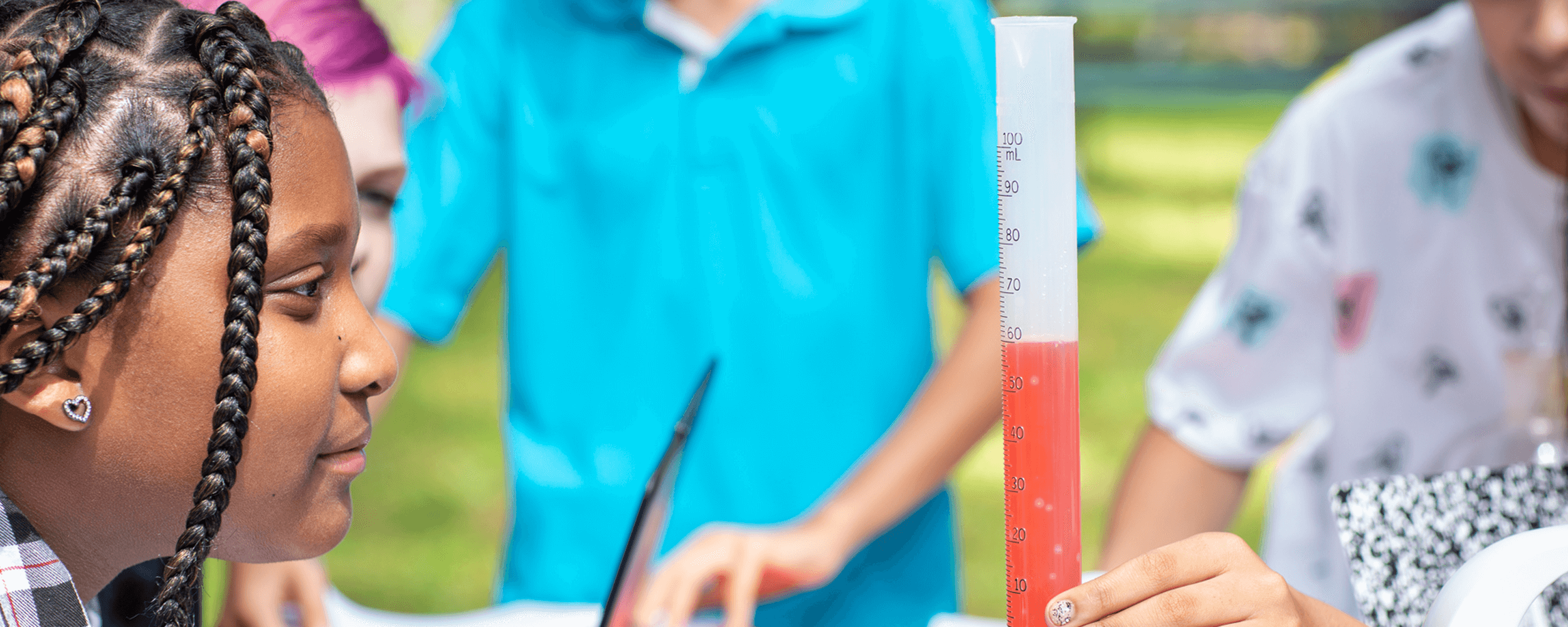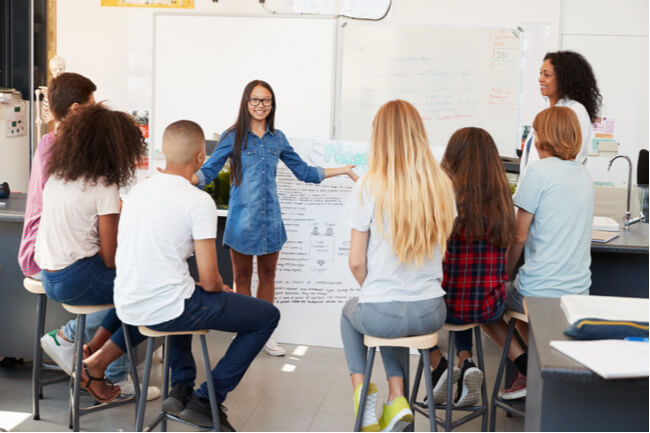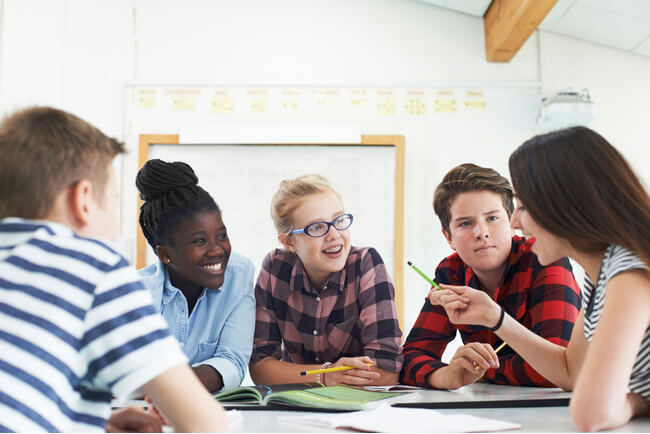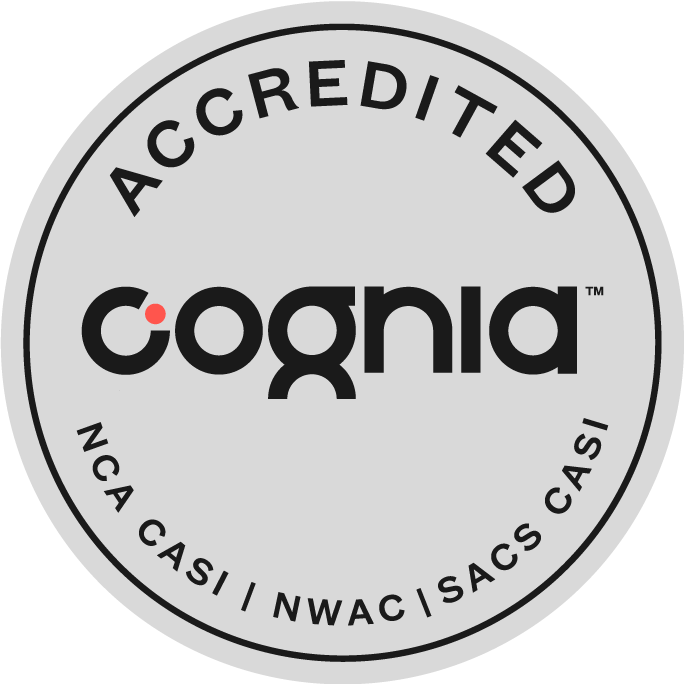

Project based learning is a dynamic approach to education that focuses on building a deep understanding and intricate knowledge of course material while also developing important life-skills.
Ultimately, the goal is for children to simultaneously gain knowledge and practice soft skills including critical thinking, collaboration, goal setting, project management, and research.
By shifting the focus from test scores to knowledge and reflection, children take full ownership of the project and feel empowered about their progress.
Today, you’ll learn the top 5 essential steps needed for successful project based learning, plus what differentiates project based learning from traditional learning with adjunct projects.
Here are the 5 essential steps:
Any project based learning assignment should begin with a meaningful problem or real world question to answer. By setting up the project this way, your child begins to understand that the world is comprised of an array of complex and interrelated systems. The question should also spark their curiosity to delve more deeply into the concept.
After a challenging problem is presented, then your child will begin asking questions and doing research into the topic. This should spark creativity and will help your child brainstorm different solutions that they could use for the project. Brainstorming will help your child develop problem solving and critical thinking skills since they are looking at problems with a different lens and coming up with possible solutions.
With project based learning assignments, children have a say in how they complete their projects and what they create. Since they have a certain amount of choice and expression, your child is more invested in the project and takes responsibility for their project. This gives them self-confidence to find their voice while also deepening their learning process.
After completing a first draft of their project, your child will give and receive peer feedback. They will also work together with their teacher on the obstacles they faced and discuss strategies to overcome them and improve their process. During this phase, your child learns perseverance and how to manage obstacles effectively.
After the project is completed, children will then present their findings to the class and the greater community, developing public speaking skills and confidence.
With project based learning, children are learning valuable lifelong skills throughout their coursework. So what types of schools offer project based learning? This approach to learning is widely used by many public charter schools nationwide. Right here in Gainesville, Florida, Resilience Charter School proudly emphasizes project based learning for its middle school students.
Related: What is a
Charter School?

Project based learning is an approach that schools and teachers are actively engaged in. It doesn’t mean that teachers assign projects at random or that your child will get handed a packet filled with busywork. At project based learning schools, the project plays a larger role in the curriculum.
While singular projects are typically added on to the end of a unit, project based learning projects are the entire unit. The project is a detailed process that teaches your child new material and skills they need to succeed as an adult.
With project based learning, students need to do more than memorize curriculum. They have to think critically, solve problems, collaborate, and reflect. Overall, project based learning is a teaching method that focuses on your child’s overall development and deep understanding.

Cognia offers accreditation and certification, assessment, professional learning, and improvement solutions to institutions and other education providers. As a global nonprofit working in over 80 countries, Cognia serves 36,000 institutions, nearly 25 million students, and five million educators every day.
© Copyright Resilience Charter School